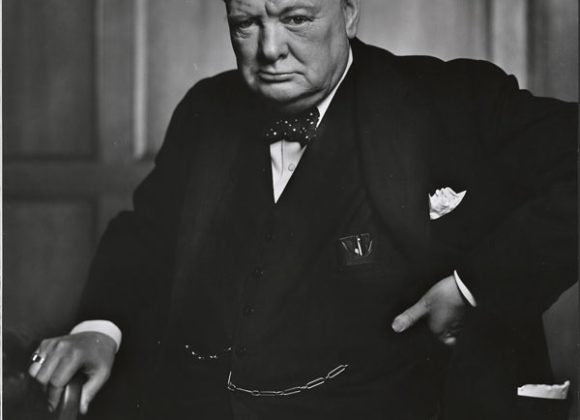Winston Churchill, a figure synonymous with World War II resolve, harbored views on the British Empire’s imperialist policies that greatly affected the course of India’s history. His resistance to Indian independence and his opinions regarding the partition were steeped in the colonial attitudes of his era. Churchill’s apprehension about the stability of a post-British India led to his vocal criticism of Indian nationalist leaders and his tacit support for strategies that capitalized on the communal rifts within India, indirectly shaping the British approach to the partition of India.
In hindsight, the legacy of Winston Churchill in the context of India’s partition sparks complex discussions. While not directly engaged in the partition negotiations, his staunch opposition to Indian self-rule during his premiership and his divisive rhetoric contributed to an environment that facilitated the partition’s eventual outcome—a decision that has had long-standing ramifications for South Asia. His impact on this critical juncture in India’s history continues to be analyzed and debated, offering a multifaceted view of a leader whose influence stretched far beyond the battlefields of Europe.
